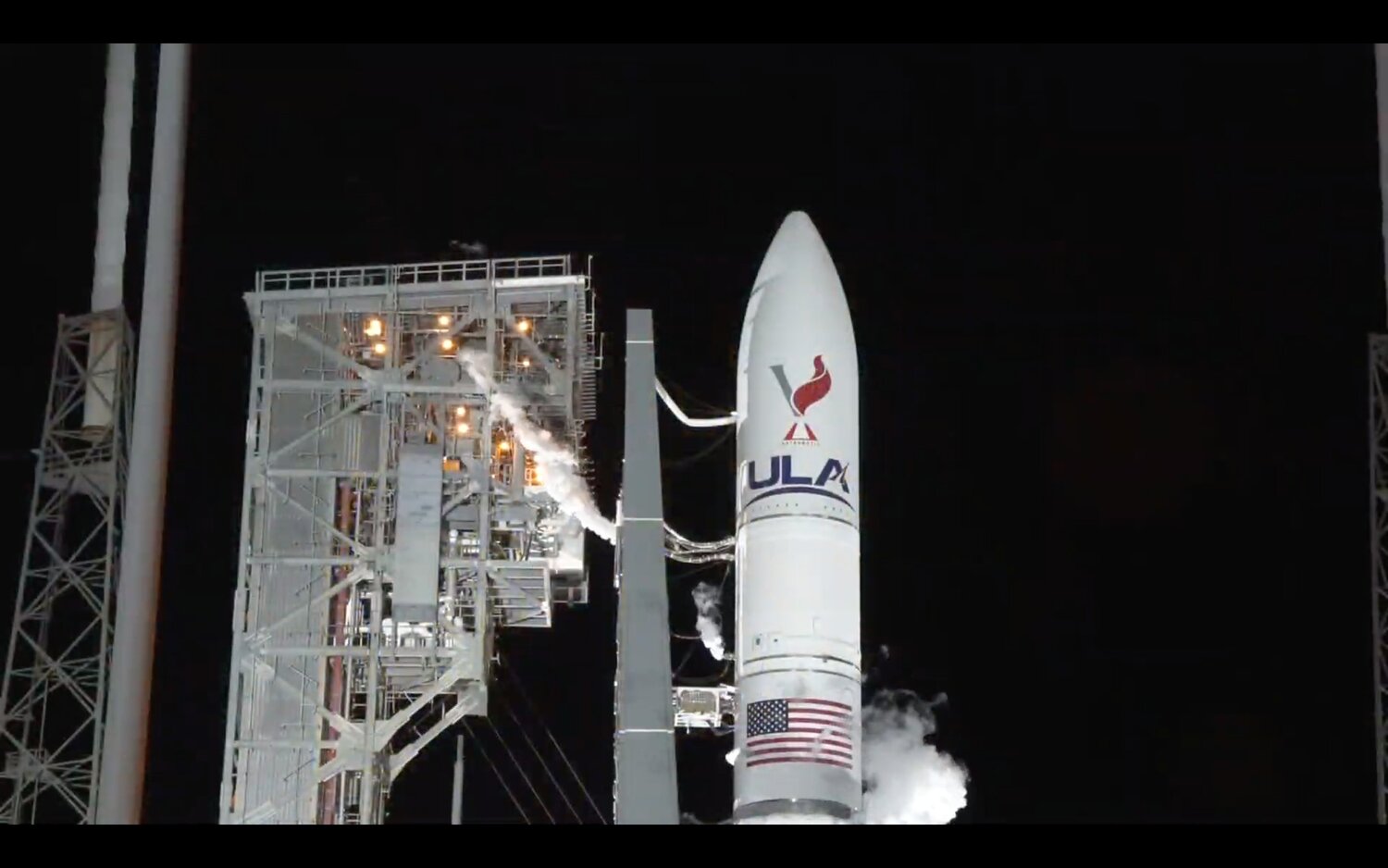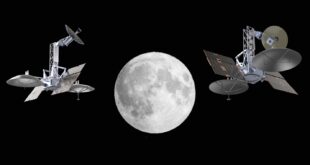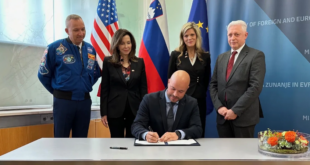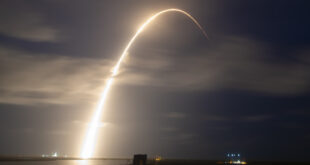
Ibadan, 8 January 2024. – Astrobotic has launched its Peregrine Lunar Lander aboard United Launch Alliance (ULA)’s inaugural Vulcan-1 rocket from Cape Canaveral’s Space Launch Complex-41. The Peregrine Lander mission represents the US’s first soft landing on the lunar surface since the Apollo missions. Likewise, for ULA, the launch serves as the launcher’s first certification mission first of two certification launches that the Vulcan rocket has to complete before it can be put under consideration for national security space missions.
Peregrine is Astrobotic’s first lunar lander mission, and the Company aims to become the first commercial company to land a spacecraft on the lunar surface successfully. The lander is carrying a total of 20 payloads from governments, companies, universities, and including five from NASA’s Commercial Lunar Payload Services initiative. The payload teams have missions that vary from seeking indications of water ice near the lunar surface to demonstrating a rover swarm. The lander also has several payloads representing humanity through artwork and historical artefacts.
After launch, Peregrine has a long checklist of milestones to complete on its way to the Moon. Furthermore, after Peregrine separates from the ULA rocket, Astrobotic’s Mission Control Center (AMCC) will take control of Peregrine. Peregrine will subsequently remain in a stable orbit and perform system checkouts before attempting a historic landing on February 23, 2024, at the Gruithuisen Domes. After landing, it will support lunar surface payload operations for payload customers for approximately 10 days.
Speaking on the mission, John Thornton, Astrobotic CEO, commented, “If you’ve been following the lunar industry, you understand landing on the Moon’s surface is incredibly difficult. With that said, our team has continuously surpassed expectations and demonstrated incredible ingenuity during flight reviews, spacecraft testing, and major hardware integrations.”
 SpaceWatch.Global An independent perspective on space
SpaceWatch.Global An independent perspective on space




